-
What We Do
- WHERE WE WORK
-
About Us
 Welcome Message from Carol Jenkins
Welcome Message from Carol JenkinsFor more than 90 years, World Learning has equipped individuals and institutions to address the world’s most pressing problems. We believe that, working together with our partners, we can change this world for the better.
On my travels, I’ve had the opportunity to meet with many of those who have joined us in this mission. In Baghdad, we’ve trained more than 2,300 Iraqi youth who are already giving back at home. In London, our partners in the TAAP Initiative strongly believe that we are all responsible to practice inclusion. And in Vermont, our Experiment in International Living and School for International Training participants prove every day that they have the tools and the determination to change the world.
Please join us in our pursuit of a more peaceful and just world.
- Get Involved
Media Center > Story
Expert Voices: The Continued Value of Exchange Programs in Today’s World
April 14, 2022
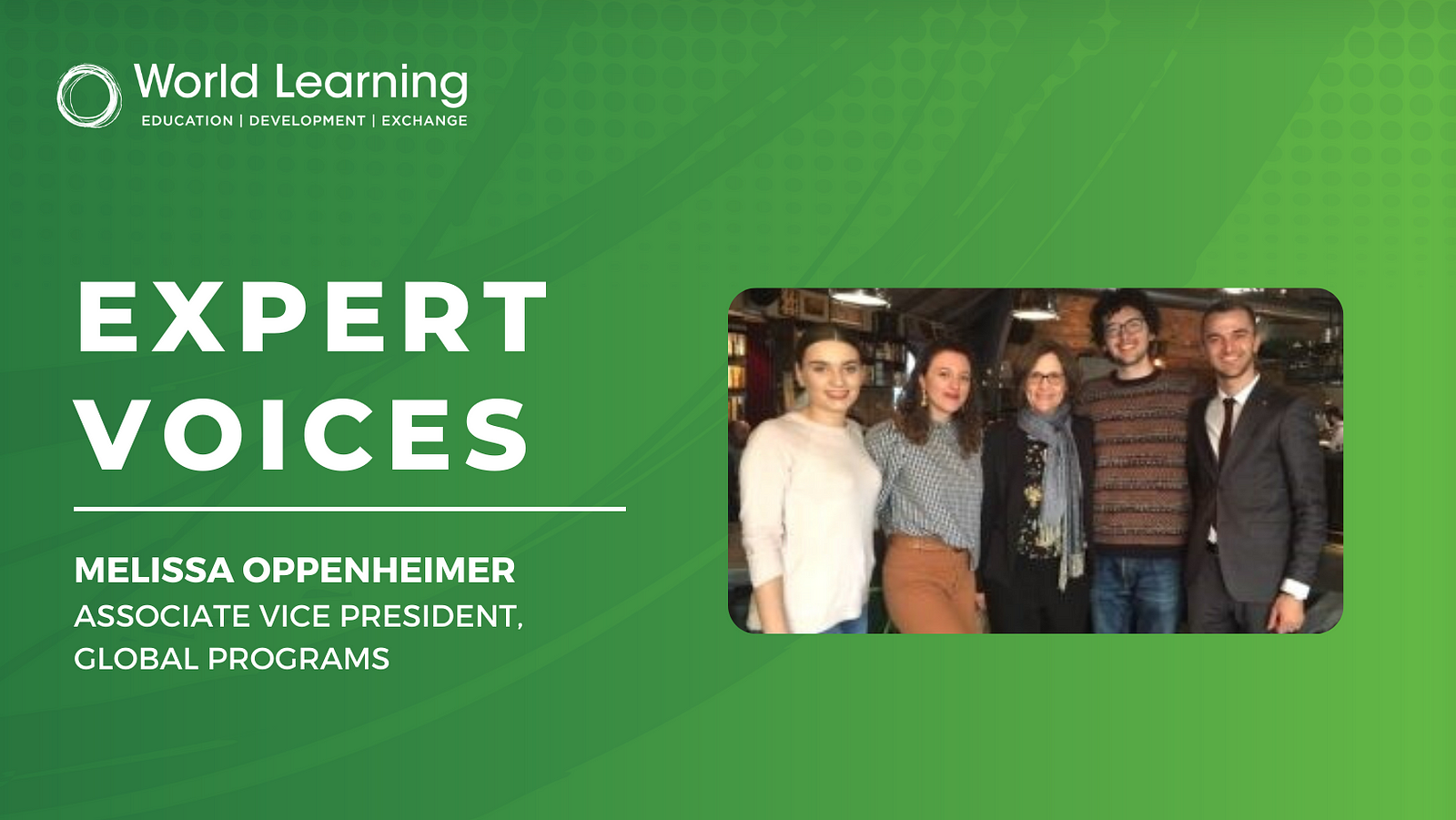
We spoke with Melissa Oppenheimer, World Learning’s associate vice president of Global Programs, to ask her about exchange programs and their role in the diplomatic process today.
She shared her thoughts on this and more, including what the last three feet of diplomacy means, how exchange programs can help in post-conflict times, why virtual programs are here to stay, and how leadership can take many forms, big and small.
Are exchange programs widely believed to be an important strategy in the diplomatic process?
Exchange programs have been around for decades. They provide a key component of U.S. foreign policy and diplomacy goals because they fill a gap that traditional diplomacy typically can’t reach.
There’s a quote by Edward R. Murrow that refers to “the last three feet” in diplomacy, and that is the space exchange programs serve. The policies, consultations, and formal processes only get you so far before you have the last three feet, which is about bringing people together.
It’s been a long-standing commitment of organizations like World Learning and government agencies like the State Department to bring individuals together. World Learning as an organization believes that human interactions, people-to-people contact, and deep conversations bring greater promise for all people. We know the strong potential of exchange programs to build and sustain peace wherever you are in the world.
What is unique about exchange programs that make them effective?
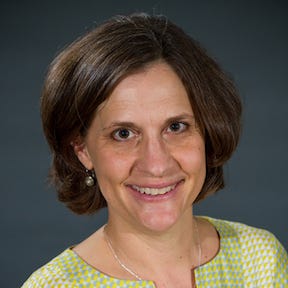
Exchanges can do a lot to break down biases. When someone arrives in the U.S. on an exchange program, we hope they gain a more in-depth perspective and understanding of our country. It is an opportunity to engage with a diversity of Americans, people they wouldn’t normally encounter, and who they might not see portrayed in a movie or pop culture.
This is true on both sides, certainly. Exchanges also impact Americans who host exchange students or meet them in class or in social activities. Bringing international voices into their communities adds a nuanced view of people from around the world. It helps to build a shared understanding and appreciation of cultures, including some they might not actually have heard about before. Oftentimes, Americans find that there’s not that big of a difference between them and someone who lives across the globe.
What we’re trying to achieve through our programs is the idea that leadership takes many forms. It can be really small, but it can still be really significant.
Fostering human connections in the diplomatic process seems like it would take a long time. Do exchange programs help make an immediate impact?
Yes. In terms of monitoring and evaluation, we survey our participants at the end of the program, when they return home, and again after they’ve been back for a set amount of time. Our surveys show a large percentage of participants often report a greater understanding of U.S. values, culture, and history.
Again, what we hope is gained is a nuanced view of our country, with its many positive qualities as well as wrinkles and aspects that are challenging, that they can share when they get home. That’s a small but significant thing that happens immediately because of an exchange.
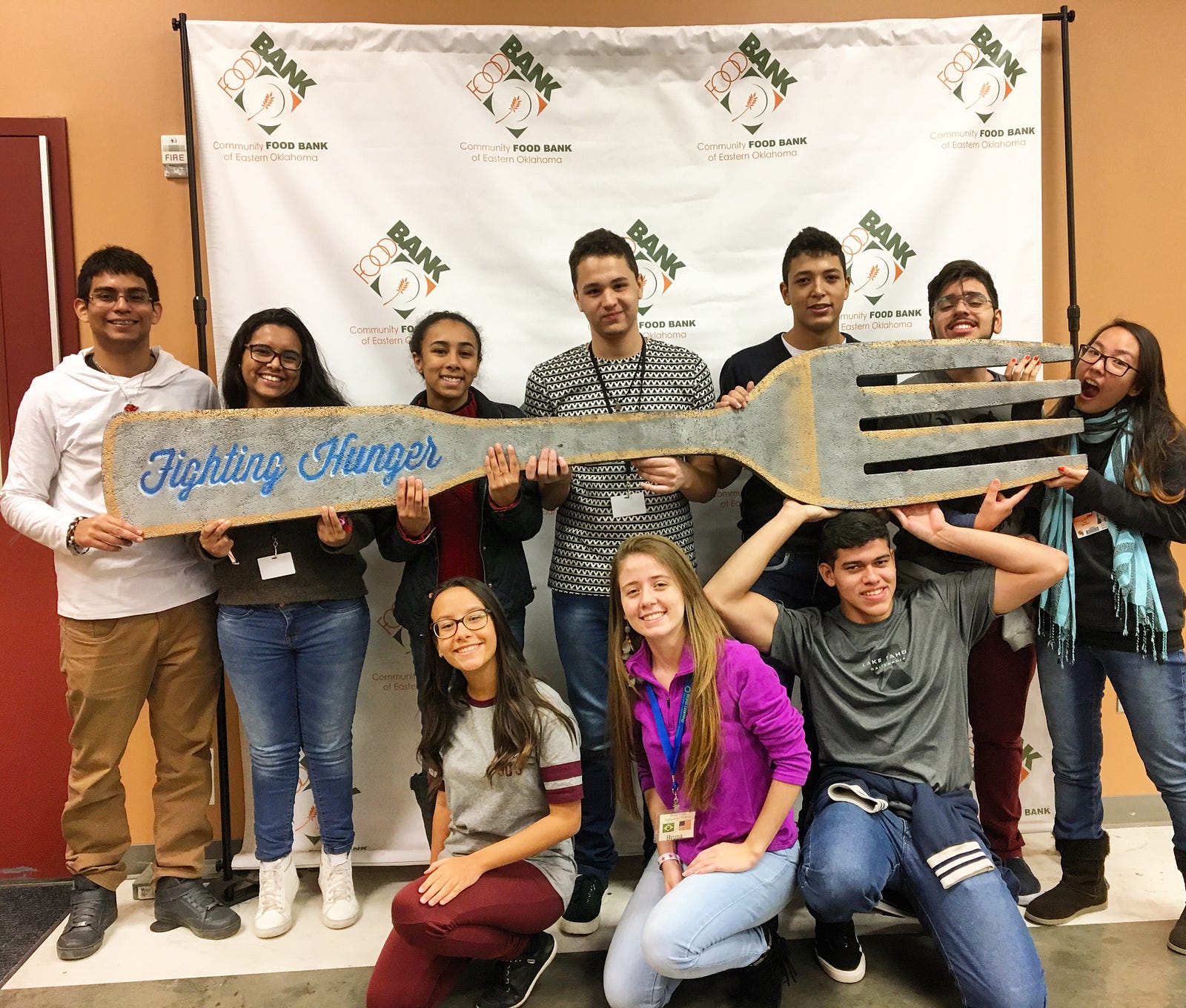
There are also longer-term impacts, especially if a program invests in education. We might offer students formal training or a technical degree they can take back to their home country and use to bring about change in their community.
Many of our programs also have a community service element. We ask participants if their concepts about volunteerism and giving back to their communities have changed as a result of participating in the exchange. Did they feel more of a commitment to being a change maker in their community? We often see this to be the case.
Often, we see when groups are navigating their way through a situation following a conflict, exchanges offer a return to normalcy and help sustain relations between countries.
Do you think the current geopolitical landscape and the pandemic will permanently alter exchange programs?
What we have seen through COVID is continued demand for these programs. The vast majority of applicants said they were still interested and eager to participate, despite the new COVID testing protocols and other hurdles. We saw a great deal of ongoing commitment.
There are, of course, short-term impacts due to the war in Ukraine that will possibly limit the ability of students from certain countries to come on programs.
But exchanges are a key diplomacy tool at times like this. Often, we see when groups are navigating their way through a situation following a conflict, exchanges offer a return to normalcy and help sustain relations between countries.
Ultimately, I think that exchanges are here to stay because they have demonstrated in many ways their lasting impacts over the decades.
How do you feel about virtual exchange programs versus more traditional in-person models?
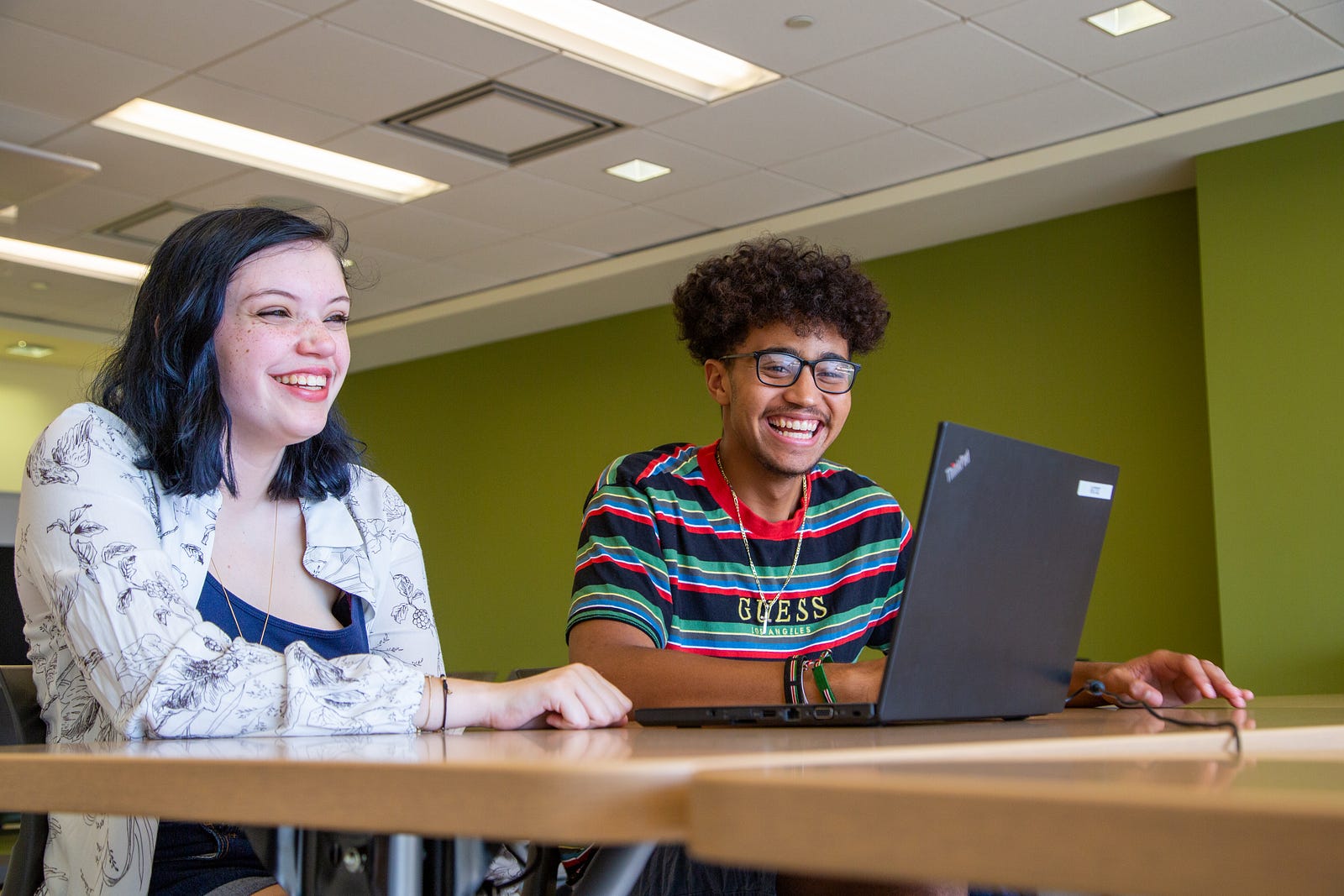
I think they’re both of great value. Face-to-face exchanges have always been the gold standard, and I think anyone who travels knows that landing in a different country and experiencing everything about it is really hard to replicate.
But for some programs, we do virtual prep work with participants before their arrival, so they can really hit the ground running when they reach the U.S. or an international destination. They can more fully appreciate the context in which they’ve landed and take full advantage of the exchange. We can then extend our engagement by working with them virtually once they return home and follow up around their community service projects and new skills. Individual empowerment and individual capacity to change their communities can also be spread much more widely through virtual means. That’s a real asset.
I also think virtual programs play an important role as a democratizer of exchanges. We can bring in more people on virtual exchanges than we would be able to afford to do otherwise. And we know there is considerable unmet demand for exchanges.
Can you share more on how World Learning enables participants to cultivate a civic life in their communities? And how do we keep them safe while doing it?
Cultivating values around community service and civic engagement can be as simple as having a community service requirement as part of a program. We respect their agency over the type of service they engage in while in the U.S. so that it holds the greatest meaning to them. And we encourage them to reflect on what might be a comparable experience they could replicate in their own countries.
That’s especially important for many of our youth programs. The participants come up with community action plans as a group that they implement when they go home.
In terms of safety, World Learning is very aware of the contexts in which we operate. We would never pressure anyone to take a step that doesn’t feel authentic and safe to them. But what we seek to do is help people find the space within their community that feels purposeful. That is going to look different, of course, in different countries and different contexts.
In the vast majority of exchanges, there is ample room for authentic human and civic engagement that can make even micro-changes in a participant’s community.
What we’re trying to achieve through our programs is the idea that leadership takes many forms. It can be really small, but it can still be really significant.
You don’t have to be the next Dr. Martin Luther King Jr. You can do a small community service project or the way you engage as an individual with your community can have a ripple effect. And that’s significant. That’s good enough.
Is the use of exchange programs to make a ripple effect a widely supported belief by leadership?
Yes. There is typically broad bipartisan support for exchanges. Many leaders in this country have participated in an exchange in one form or another, or they’ve been overseas, or they’ve hosted people from other countries. They’ve even spoken to groups of exchange participants and have seen the enthusiasm. So there tends to be ongoing support, and I am grateful for that.
Any final thoughts?
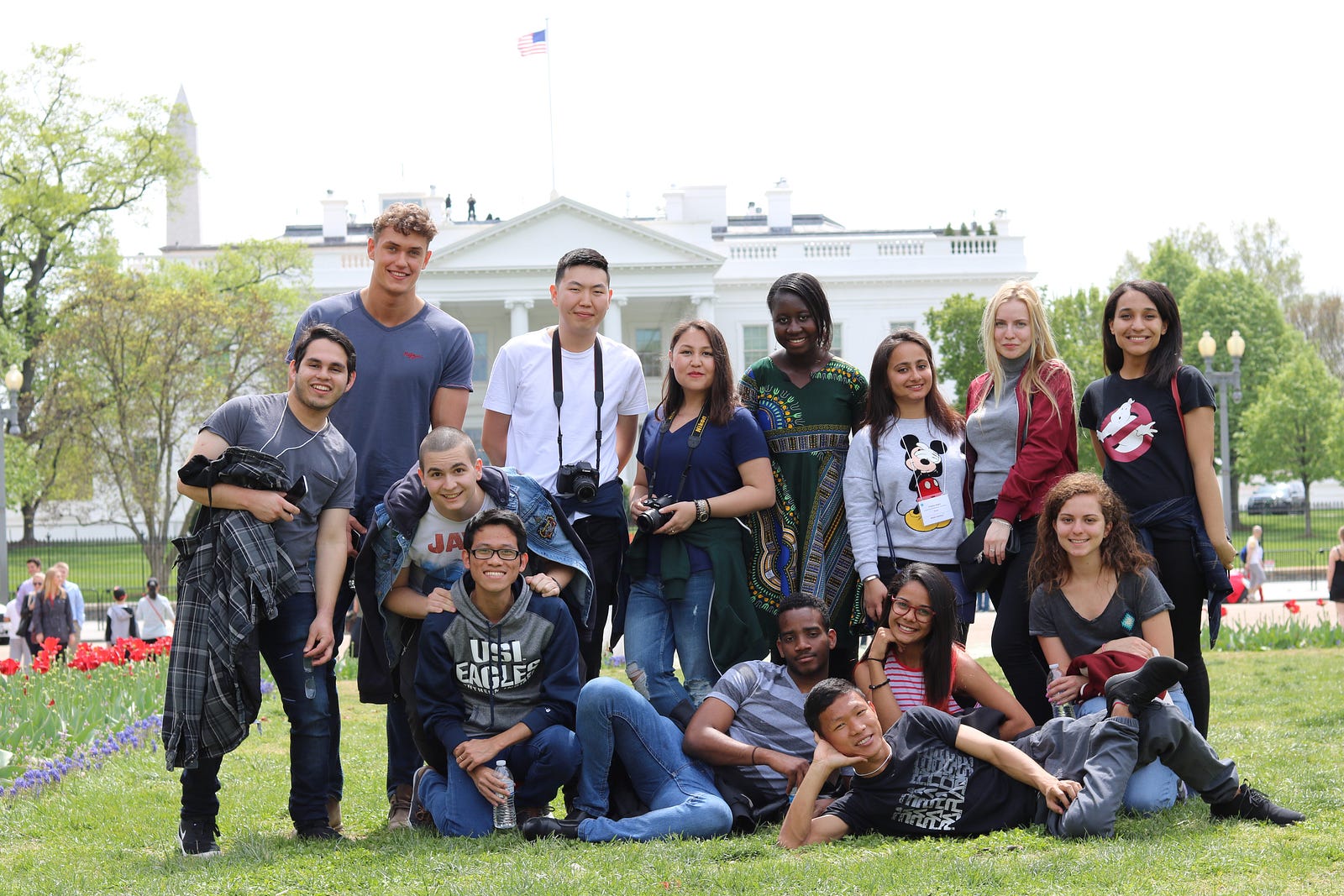
One of the greatest moments when I work on exchanges is at the end of a program. For example, on the Global Undergraduate Exchange Program, we have students from approximately 70 countries participating, and we bring them together in Washington, D.C., for an end-of-program workshop. You stand in this room, and you see students from across the globe.
It’s just an inspiring moment. How often is a student from Honduras going to be in the room with a student from Laos? Probably not that often, but we make that happen through these programs. It’s just great to see the exchange of ideas and the energy that happens as a result of that.





